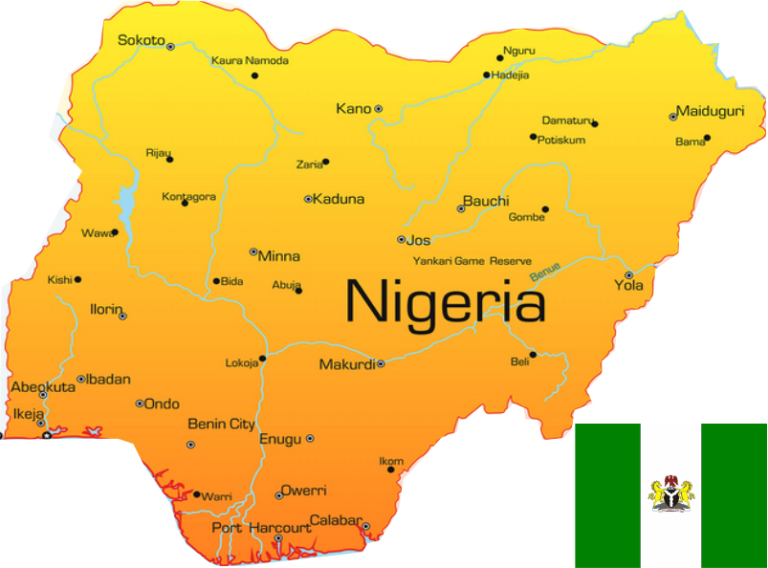
With a GDP of $568 billion, Nigeria is Africa’s biggest economy. Home to more than 180 million people1 , it is also the continent’s most populous nation. Economic liberalisation has drawn investors from across the world, and the non-oil sector is growing at a healthy clip.
Digital technology is helping to drive growth in promising non-oil sectors, from media and entertainment to finance and fast-moving consumer goods. But while access to mobile and internet has increased steadily, it remains unequal. Low-income citizens, and those dwelling in rural and semi-urban regions, struggle to access these increasingly powerful services.
Improved access depends on Nigeria’s underlying ‘digital infrastructure’, which is affected by both sector-specific trends, and broader economic and political headwinds. This report, based on desk research and expert interviews, examines the role of digital in Nigeria’s current growth and the state – and future prospects – of its digital infrastructure.
Register for Tekedia Mini-MBA edition 19 (Feb 9 – May 2, 2026): big discounts for early bird.
Tekedia AI in Business Masterclass opens registrations.
Join Tekedia Capital Syndicate and co-invest in great global startups.
Register for Tekedia AI Lab: From Technical Design to Deployment (begins Nov 15th).
Key findings:
– Digital technology is essential for Nigeria’s economic diversification. Access to internet and mobile has improved markedly over the last decade, helping drive non-oil GDP growth. However, the country is still overly reliant on oil for public revenues and export earnings, and poverty rates are stubbornly high, suggesting the economic transformation has further to go.
– Nigeria faces a widening ‘digital divide’. ?While access to mobile and internet is increasing, this is largely among wealthier users with multiple devices and SIM cards, and is clustered in urban regions. Digital infrastructure, and thus access to internet, computing and mobile, lags in rural regions.
– In an era of low oil prices, the ICT sector is an important source of revenue for government: transparency and consistency are essential to balance fiscal needs with sector growth and investment.


